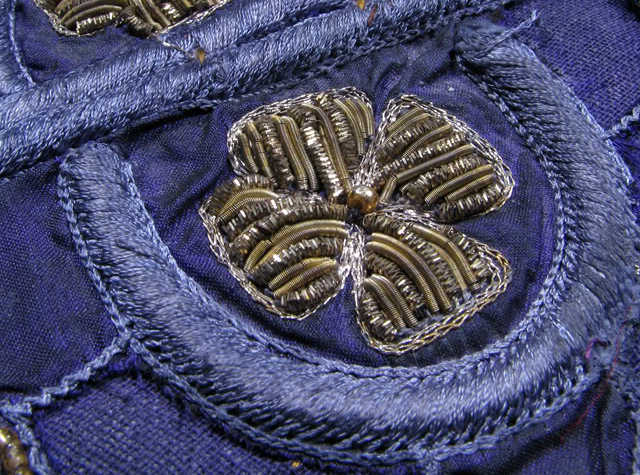===
0734,
7
===

=== |
 |
FWP:
SETS == NEIGHBORS
MOTIFS
NAMES
TERMS == FRESH WORDDid 'Mir' deliberately decide to stop banging his head, and just to call it a night and go to sleep? Or did he find himself 'helpless' before sleep, or 'helplessly' falling asleep (since naa-chaar can be either an adjective or an adverb)? Did he choose a fetal position consciously, for the childish comfort of it, as though to take refuge from the sorrows of adulthood? Or did he just happen to end up sleeping in that position?
We have to decide for ourselves, since the verse shows us 'Mir' only from the outside. This is another of Mir's 'neighbors' verses, that show the mad lover's behavior as it would appear to a normal person outside the ghazal world. The speaker is telling someone else-- in a tone solicitous, or melancholy, or wry, or possibly even a bit amused-- the latest on Mir's crazy behavior.
SRF rightly points to ma;N;Dkarii marnaa as the center of the verse. Who but Mir could think of taking 'to curl up in fetal position' and building a verse around it? Despite its clunkiness, the verse incorporates it very naturally, with no sense of ostentatiously showing off an oddity. I wonder whether this might be the only occurrence of this idiom in the whole of the Urdu ghazal world. Or if there are others, there can't be very many!